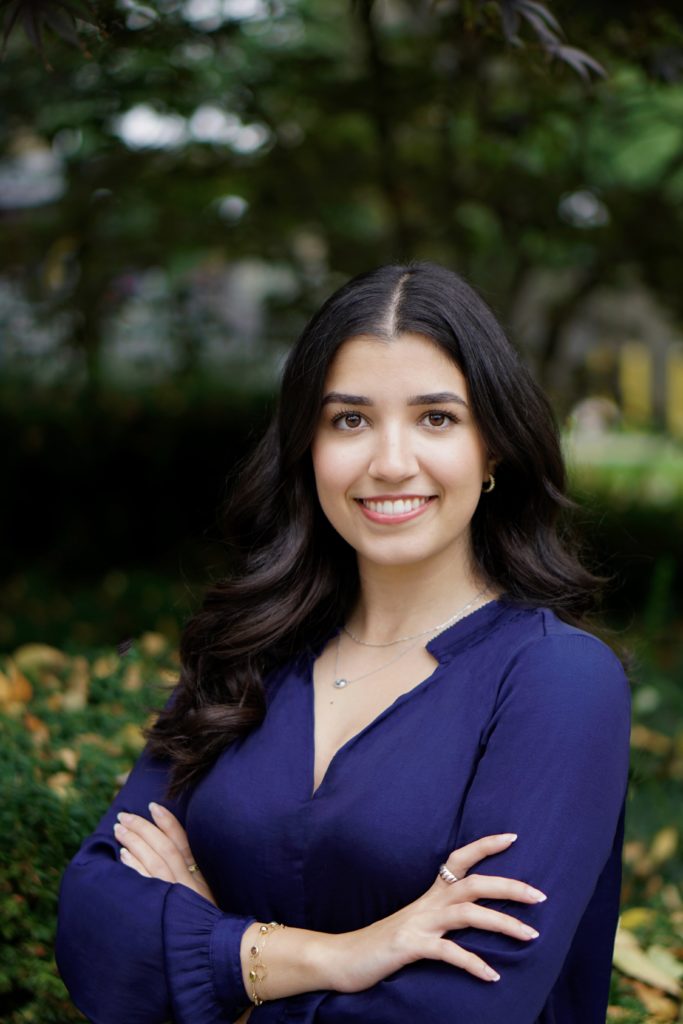Join this month for a chance to win 1 of 3 pairs of AirPods. Join now
Attend a free online retirement planning workshop. Register
Join this month for a chance to win 1 of 3 pairs of AirPods. Join now
Attend a free online retirement planning workshop. Register
Dr. Paula Rochon holds a number of impressive positions with several prestigious organizations and institutions. We know her best as the RTOERO Chair in Geriatric Medicine at the University of Toronto. But for a very special group of student trainees, she is not only a professor but also a mentor. Every year, Dr. Rochon accepts a small number of students into the Women’s College Hospital trainee program. These trainees are the future of geriatric medicine.
In this four-part series, we will introduce you to these innovative minds and give you a sneak peek at their research initiatives and the role Dr. Rochon plays in each of their careers and the essential role she fulfills as a teacher and mentor. We’ll find out what inspires these interns to pursue the field of geriatrics and where their future aspirations lie.

My work with Dr. Rochon has been primarily related to studying prescribing cascades. This is the event where an individual is prescribed one medication, experiences a side effect related to that drug, which is often misinterpreted often as a new medical condition and thus treated with additional medication.
Older adults are more susceptible to cascades which can be harmful as they can lead to inappropriate over-prescribing of medication and increase the risk of experiencing adverse drug reactions. As a trainee, I joined the iKASCADE project with Dr. Rochon which involves researchers from many countries.
The project aims to explore the experience, development and management of prescribing cascades in older adults through a sex and gender lens. As part of this project, I have helped design a study that aims to explore the impact of implicit gender bias among primary care physicians. We’re interested in knowing if there is a gender bias from physicians that puts either older men or older women at a greater risk of experiencing these cascades.
I am not currently in medical school. I have some educational background in gerontology – the study of aging from a biological, psychological and social perspective. Along with my long-standing interest in medicine, I was motivated to study the intersection of gerontology and geriatrics to better understand the clinical implications of some of these perspectives – like ageism, for example – and how that might affect the care or the health outcomes of older adults.
Dr. Rochon has gone above and beyond in the role of mentor to support both my personal and professional growth. She champions my success and helps me to realize my own potential.
She is truly a role model. As someone who is really passionate about promoting health equity, I’m motivated by her very fierce advocacy for the need to amplify the voices and support the inclusion of older in all parts of society. She’s been a trailblazer in her support of the healthy aging of older women in particular. She has instilled in me the importance of including not only age, but sex and gender considerations in all health research. As a mentor, she very frequently inquires on how best to support her students, and provides us with very unique opportunities based on our professional goals and personal interests. She shows genuine care and values the contributions and perspectives of her students – and that’s been invaluable to me in building my self confidence and realizing my own potential as a professional.
My goal is to enter medical school and become a practicing physician. I’ve recently graduated with a Master of Public Health degree and completed my training as an epidemiologist, so naturally I am very passionate about population health research. I hope to do both as a clinician-scientist. I would love to continue to do research in the area of the healthy aging of older adults.
Don’t be afraid to take on challenges and explore your interests. When you find the right mentors – like I have with Dr. Rochon – you can get the support and guidance you need to explore new things, develop your skills as a professional and discover your passions.
Read part 1: Keshini Sriarulnathan – The impact of ageism during COVID-19: a survey of retired members of the education community
Read part 2: Joshua Tuazon and Nickrooz Grami – Promoting healthy aging in older women: A call to action
Read part 3: Hana Brath – Designing nursing homes with older women in mind